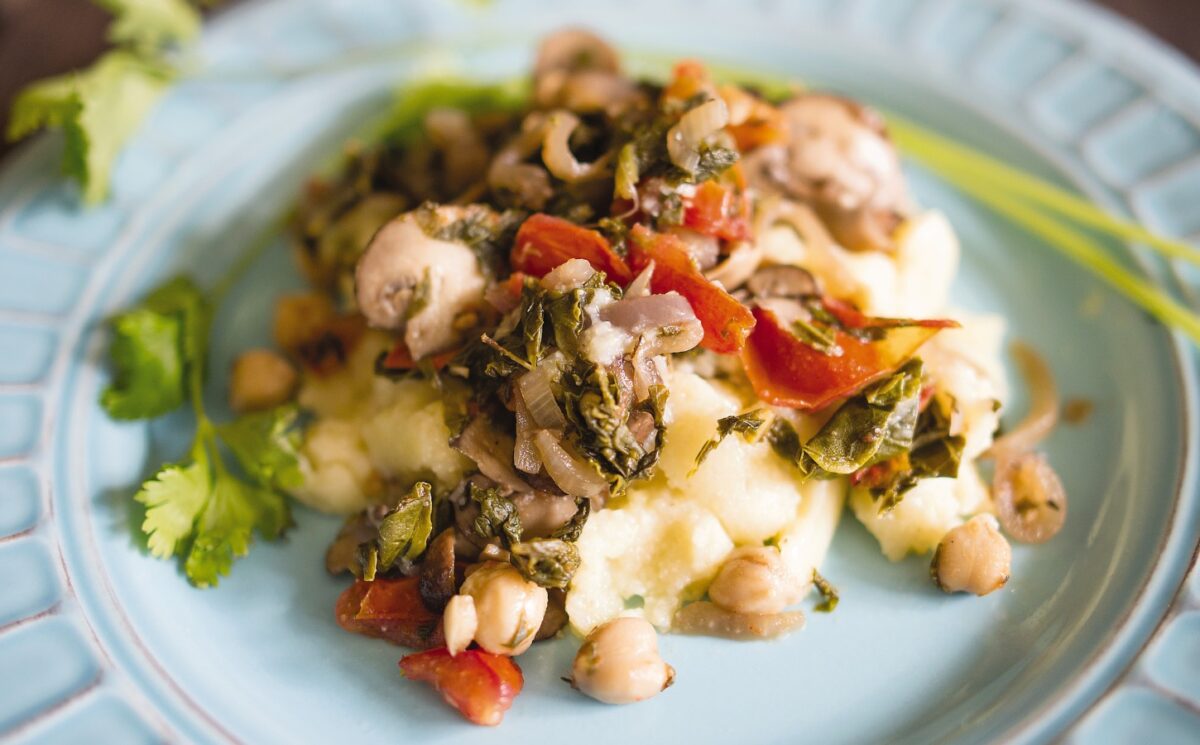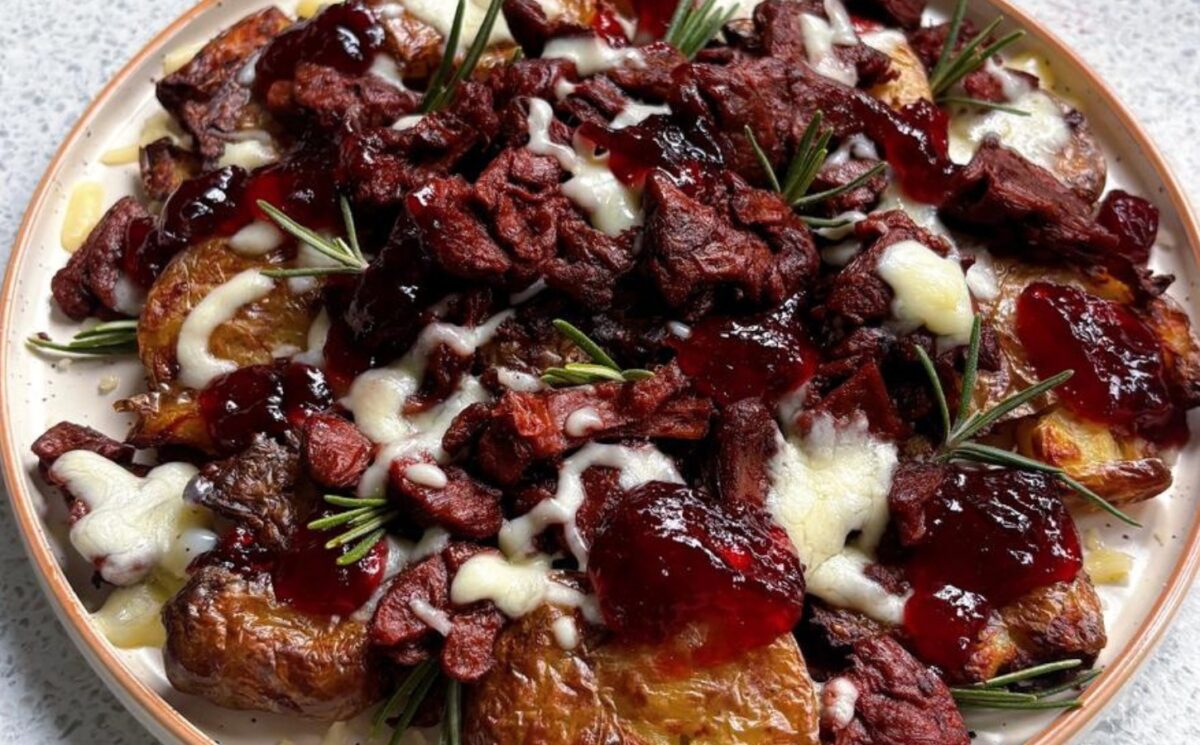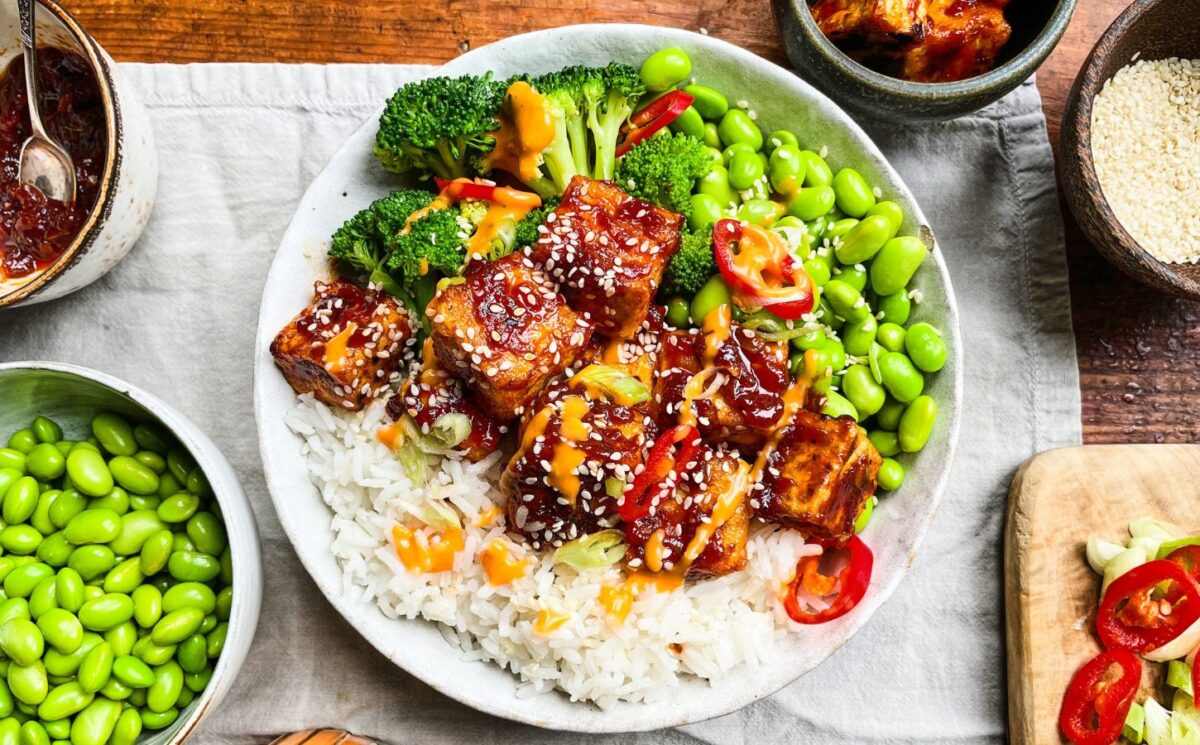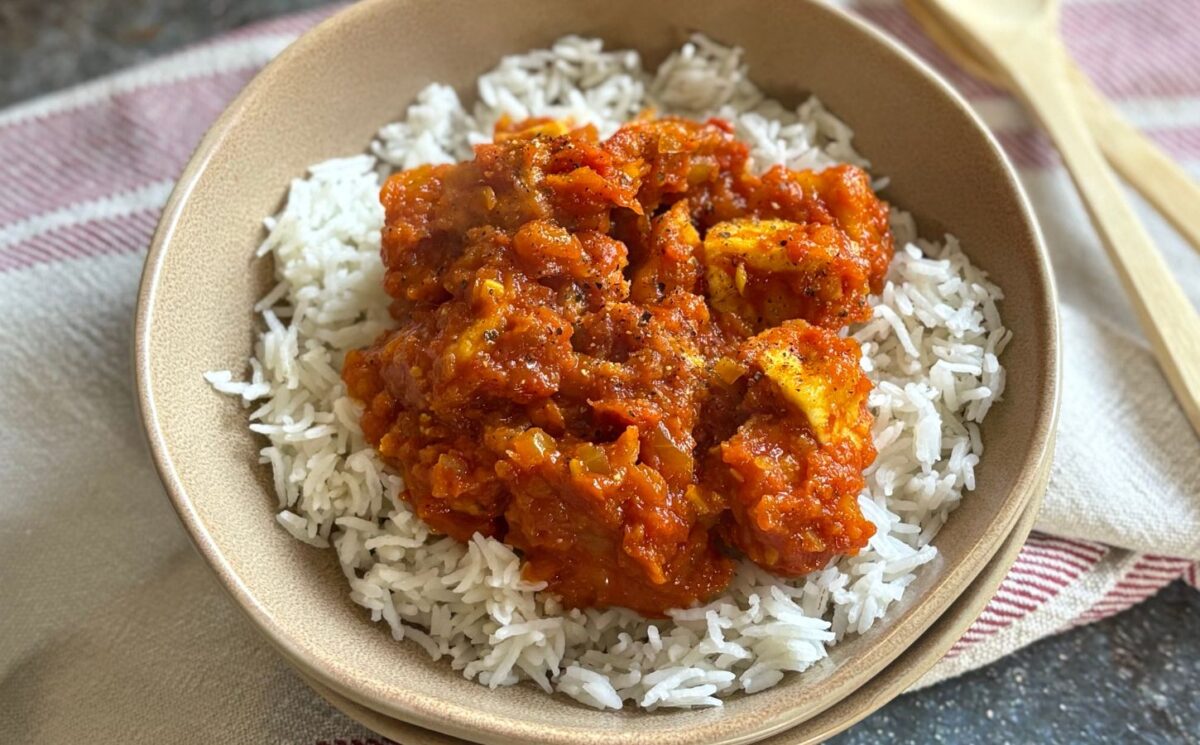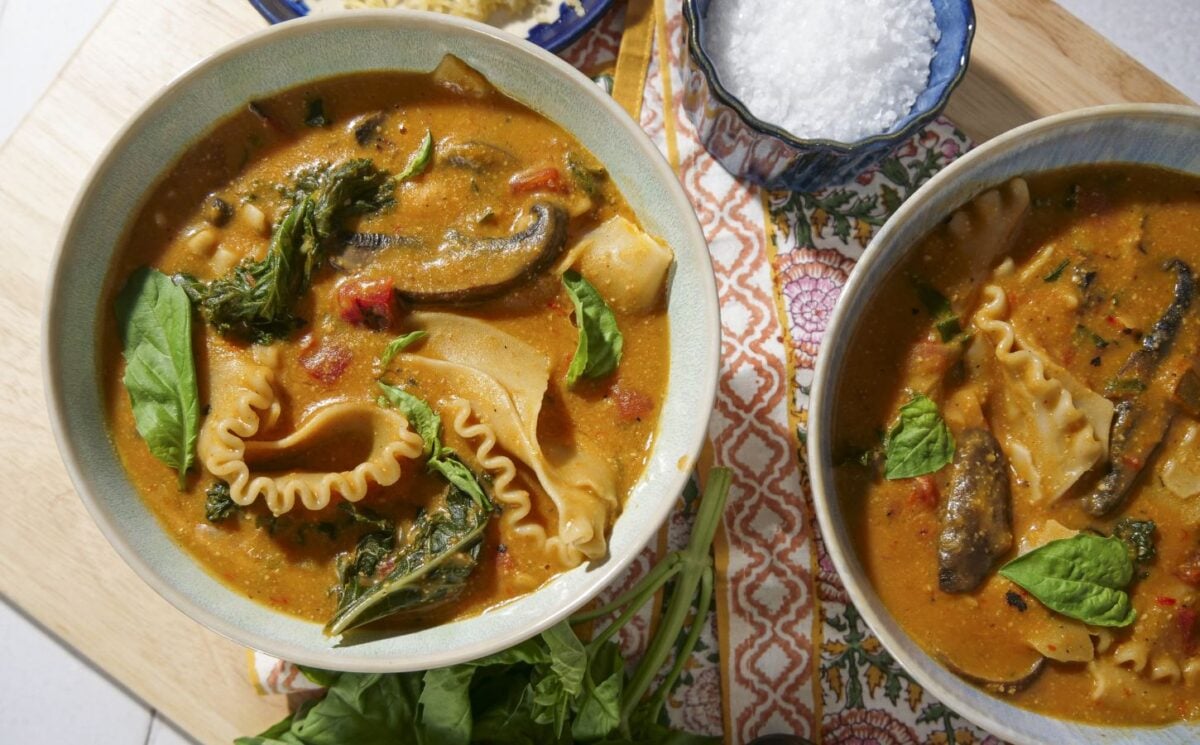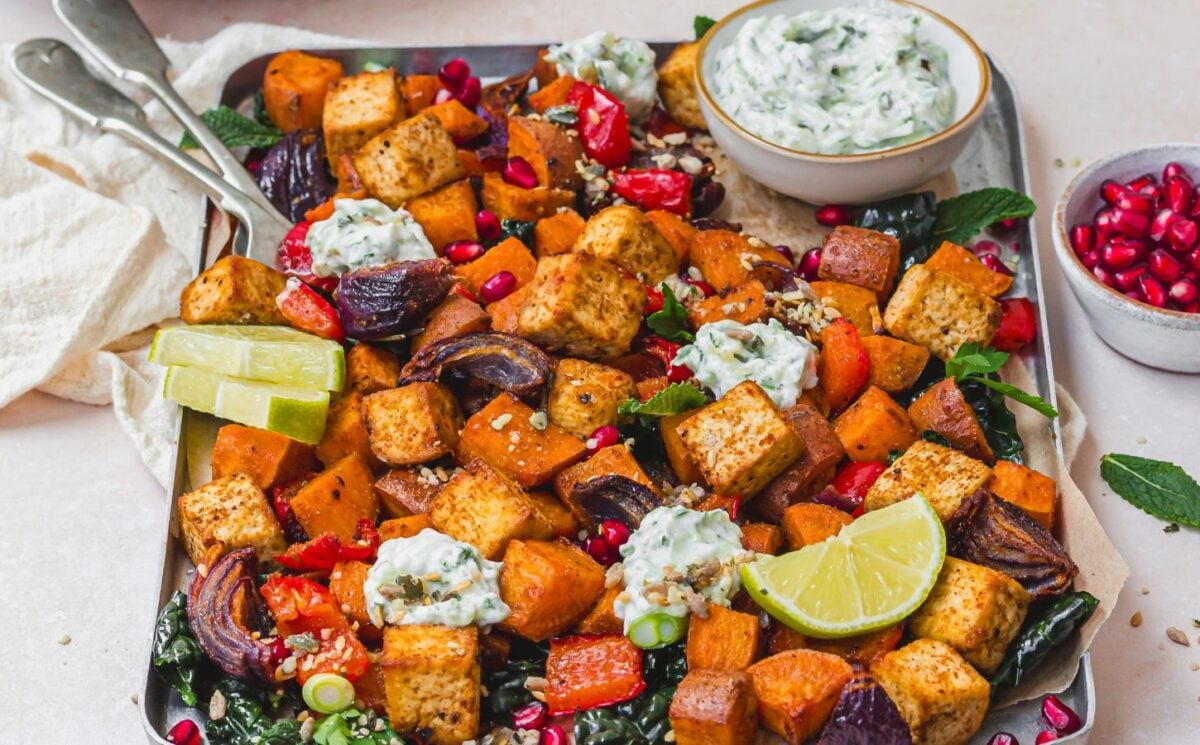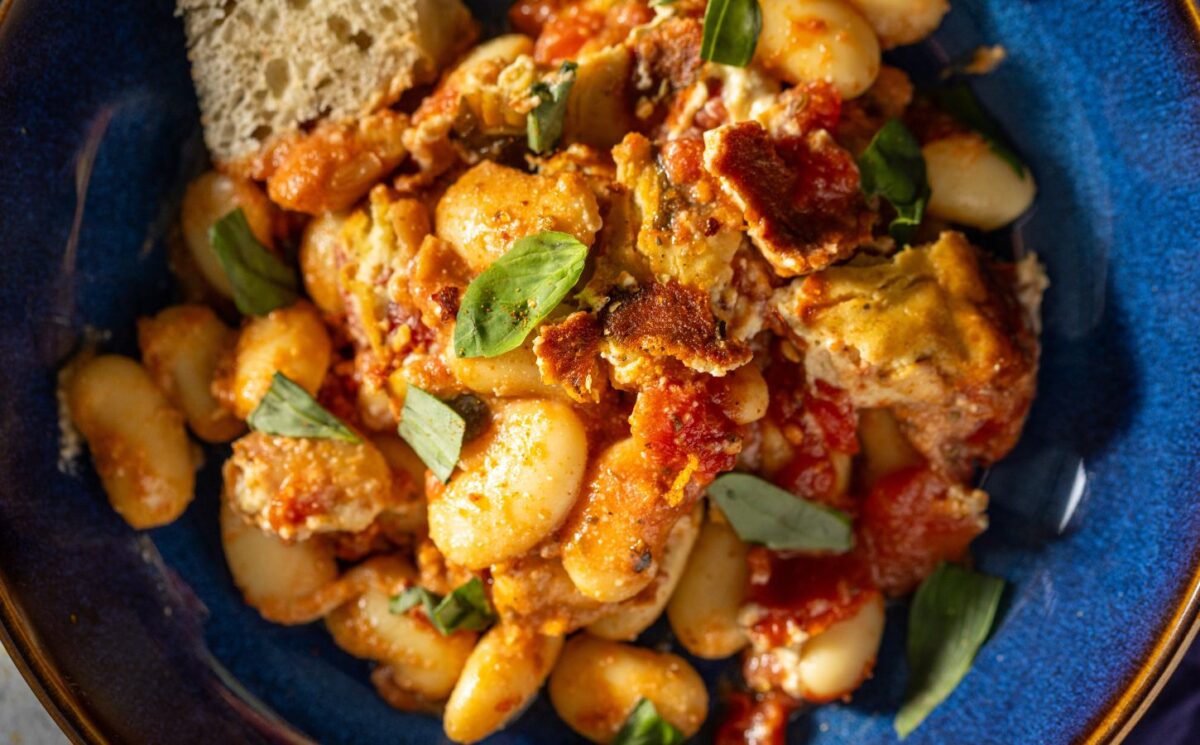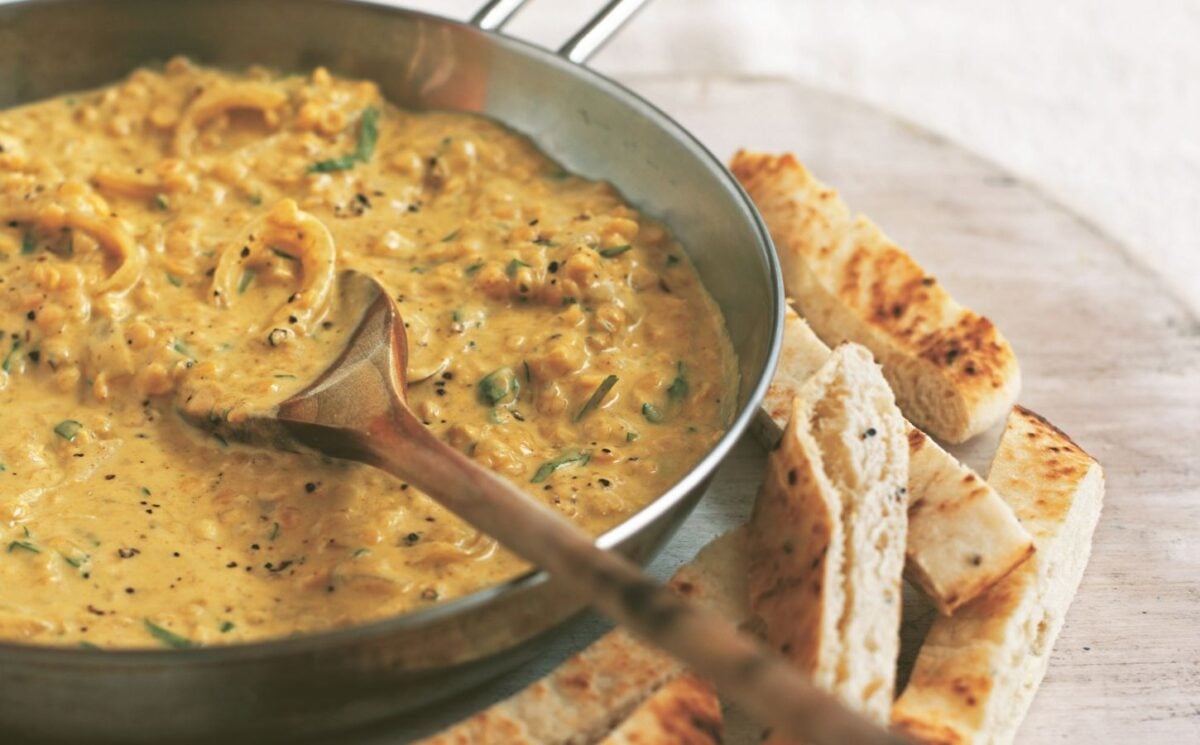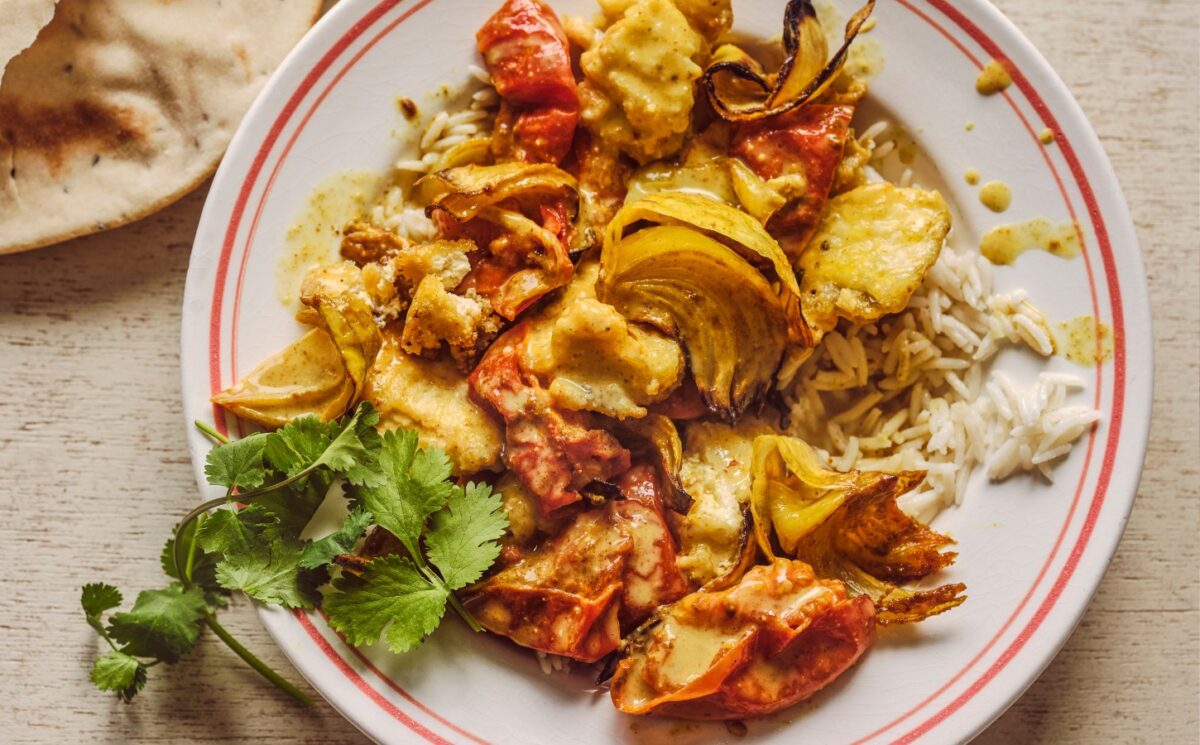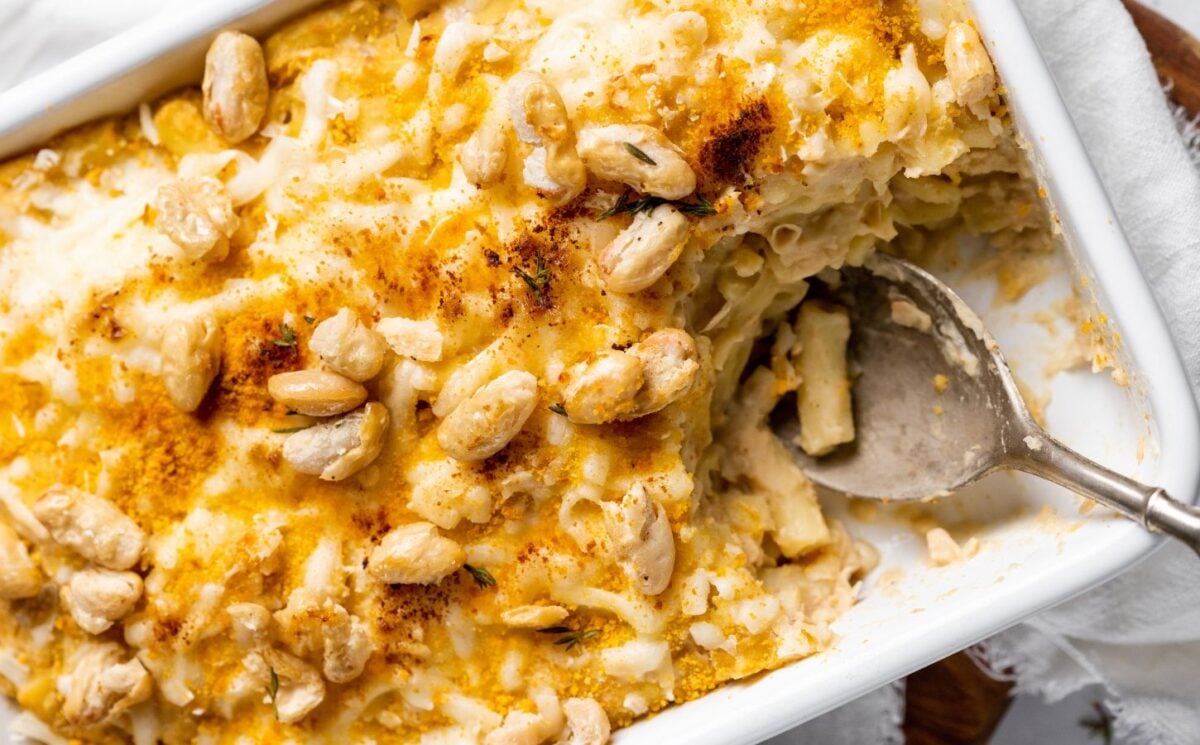From yorkpress.co.uk
Yorkshire vegan cookery experts behind BOSH! reveal how eating 30 plants a week can boost health
YORKSHIRE cooks Ian Theasby and Henry Firth – the duo behind vegan cooking phenomenon BOSH! – are back with another collection of plant-based dishes that won't make you miss meat
Turning 40 can be a shock to the system. For childhood friends and business partners Ian Theasby and Henry Firth, the big 4-0 triggered a whole "new philosophy".
"We both looked at ourselves in the mirror and recognised the fact that yes, we had been eating lots of plant-based food, but maybe we hadn't really been doing it as well as we probably could have. We were maybe eating a little bit too much sugar. We were both drinking alcohol. We both weren't prioritising sleep and rest," says Sheffield-born Theasby.
The duo, who launched their hugely successful plant-based food company, BOSH!, almost a decade ago (six cookbooks and counting, one million Instagram followers), also became fathers around the same time.
Ian Theasby (left) and Henry Firth, authors of BOSH! More Plants
"When a child comes into the equation, you are reminded that you want to be there for as long as possible for them, and the best way to do that is to give yourself a fighting chance at real longevity."
And so, their new philosophy emerged: more plants – tonnes more of them. Hence the title of their new recipe collection, BOSH! More Plants.
"We think eating more plants is the best way for people to maximise and optimise their health. This book is essentially showing people that if you eat plants, and a good variety of them, you can turbo-charge your health and your energy and everything else that comes with it."
It's working for them so far. Theasby says he's feeling "very, very good", that they've both "lost a lot of weight, in a good way, it's positive weight loss" and their families "are constantly commenting on how they think we look good".
Their energy levels are also "enough to keep two toddlers at bay".
Alongside all the plants, they've slashed sugar and gone teetotal, and Theasby really doesn't miss the booze.
"It was time. Both of us recognised we were enjoying the feeling of waking up fresh more than the feeling of having a couple of drinks in the evening," he says. "Not being hungover is a cheat code to productivity. You wake up fresher every single morning, which means you're probably getting exercise done in the morning, which means you feel more energised throughout the day, so you're more productive."
As a result, they're feeling fitter than ever before too. "Henry's doing triathlons; I'm running ultra marathons," says Theasby, "We're not out to win these things, but to compete in them is very satisfying and keeps you on your toes, health-wise."
They both also wear Whoop trackers ("We're not sponsored by them!") which monitor health and pace of ageing. So Theasby is 41, but Whoop reckons his health is 8.1 years younger than that, and for Firth, his biological age is five years younger than what his birth certificate states. "That's because of prioritising sleep, prioritising the correct food, prioritising exercise and not drinking booze," says Theasby.
Eating more plant-based food might be a no-brainer to some too, but fitting 30 plants a week into your diet – which is what the BOSH! lads and many other nutritionists, food writers and medical experts are now recommending – can be daunting. "Thirty plants a week does seem like a lot. However, there are ways and means of hacking the system and getting more plants on your plate," says Theasby, who recommends chucking a handful of mixed seeds and nuts on your granola in the morning, which, alongside some chopped fruit, sultanas and oats, could get you up to 10 on day one. "You just have to approach it as if it's not a chore."
If you're thinking Theasby is too much a paragon of the perfect diet, he's still a (dark) chocolate fiend. "Every night, once I've eaten my dinner and I'm sitting down to watch some football or whatever, the chocolate comes out," he says. "I'll have two or three squares of some nice dark chocolate, delicious, with some nuts and raisins. And then, if you put your chocolate and your raisin and your nut in your mouth at the same time, it's like having a Dairy Milk Fruit & Nut!"
RECIPE: BOSH!'s coconut, basil and broccoli noodle broth
A nourishing bowl that'll keep you going "A fragrant, feel-good noodle soup with a creamy coconut and basil broth, zingy aromatics, and just-charred long-stem broccoli, then finished with a punchy peanut rayu for extra heat and crunch," say plant-based food writers Ian Theasby and Henry Firth. "It's comforting, nourishing, and full of vibrant, slurp-able goodness."
Per portion: 7 plant points/37g protein/1,310 kcal
Ingredients:
(Serves 2)
4 banana shallots
4 garlic cloves
5cm piece of fresh ginger
400g can coconut milk
70g basil (or Thai basil)
2tbsp neutral oil of your choice
750ml vegetable stock
150g long-stem broccoli
200g dried ramen noodles, preferably wholewheat sesame seeds, to serve
For the spicy peanut rayu:
1 lime
100g roasted unsalted peanuts
2tbsp crispy chilli oil
1tbsp light soy sauce
Generous pinch of sugar
Sea salt
Method:
1. Before you start: you will need a high-speed blender, a large saucepan, a medium frying pan (or wok), and a medium saucepan.
2. Prep ingredients. Peel and finely chop the shallots. Peel and grate the garlic and ginger. Blend the coconut milk with the basil until smooth and set aside.
3. Make broth. Heat half the oil in a large saucepan over a medium-high heat. Add the shallots and ginger and cook for six to seven minutes, until golden. Add the garlic and cook for another minute. Remove half of the shallot mixture to a small bowl and set aside. Pour the stock into the pan and bring to a simmer. Turn the heat to low and keep the broth on a gentle simmer, topping up with a splash of water, if needed, while you continue with the rest of the recipe.
4. Make peanut rayu. Juice half the lime and cut the other half into wedges. Roughly chop the peanuts. Add the crispy chilli oil, soy sauce, and peanuts to the reserved fried shallot mixture. Taste and adjust the seasoning with sugar, salt, and the lime juice. Set aside.
5. Cook broccoli. Heat the remaining one tablespoon of oil in a medium frying pan over a high heat. Add the broccoli with a pinch of salt and stir-fry for two to three minutes, until tender and slightly charred in places. Keep warm.
6. Cook noodles. Meanwhile, cook the noodles following the instructions on the packet, then drain.
7. Assemble and serve. Divide the coconut basil mixture between your serving bowls, then pour in the hot broth. Add the cooked noodles and top with the charred broccoli. Drizzle generously with the peanut rayu and sprinkle with sesame seeds. Serve with lime wedges for squeezing over.
BOSH! More Plants: 30-Minute Plant-Based Meals by Henry Firth and Ian Theasby is published in hardback by DK, priced £22. Photography by Haarala Hamilton. Available now
https://www.yorkpress.co.uk/news/25867346.yorkshire-vegan-cooks-bosh---30-plants-week-boosts-health/




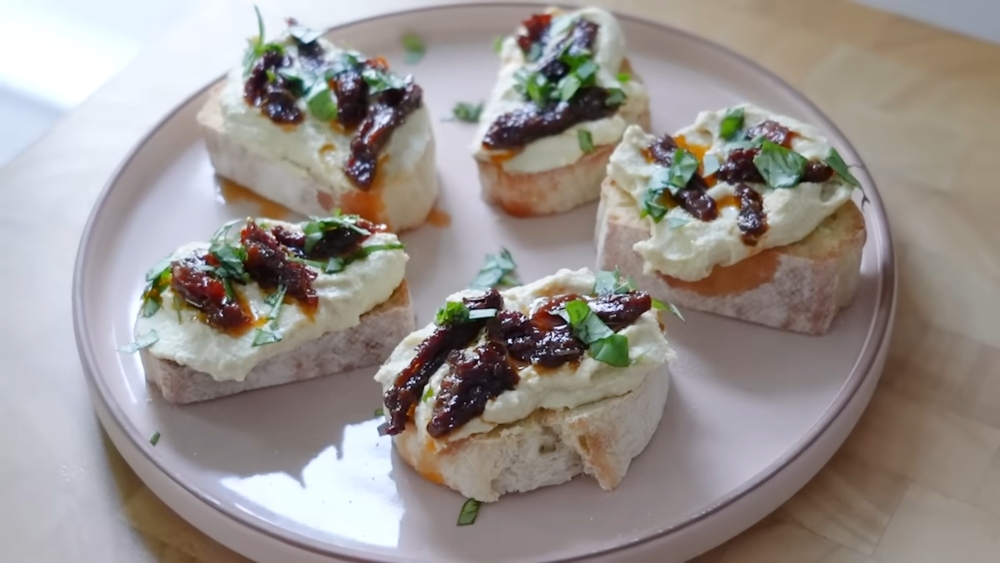

.jpg)
